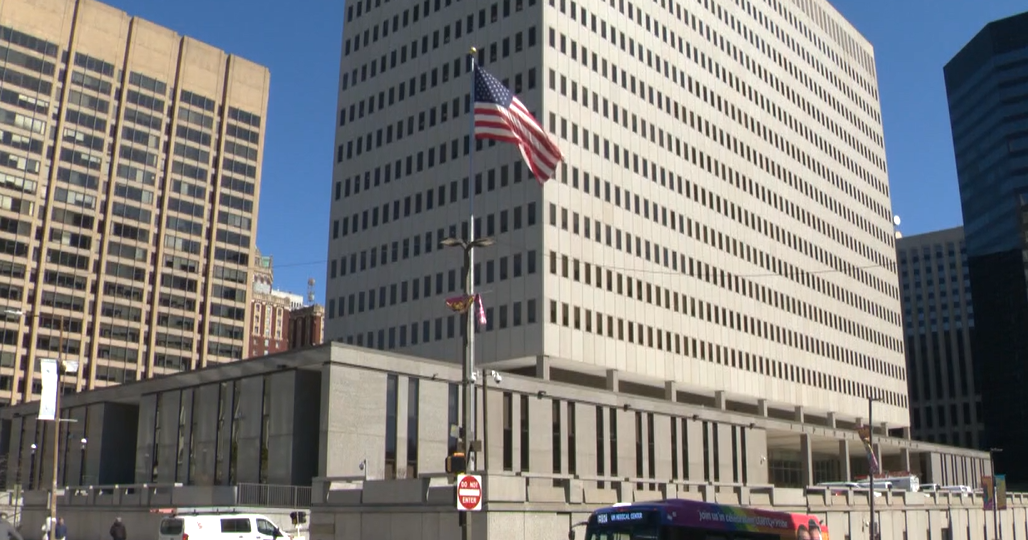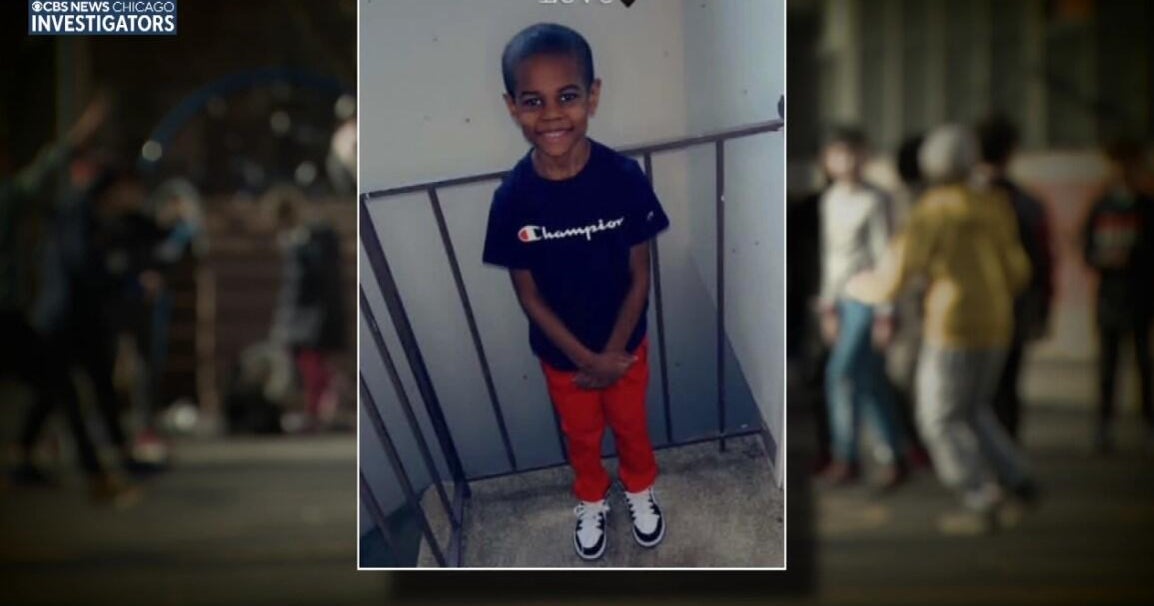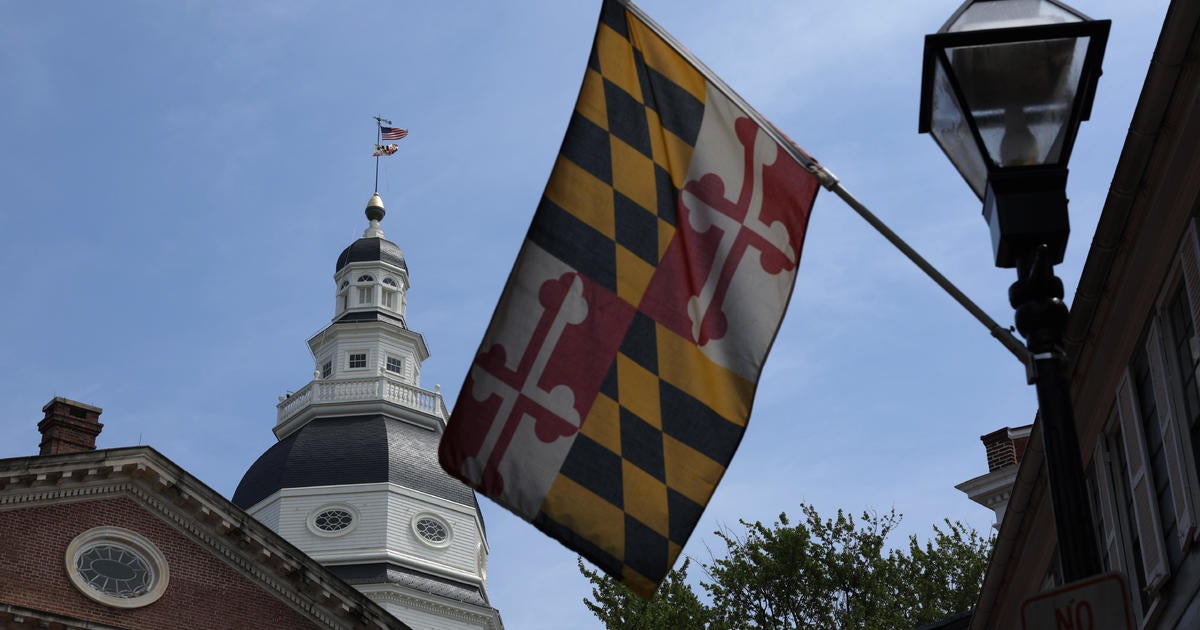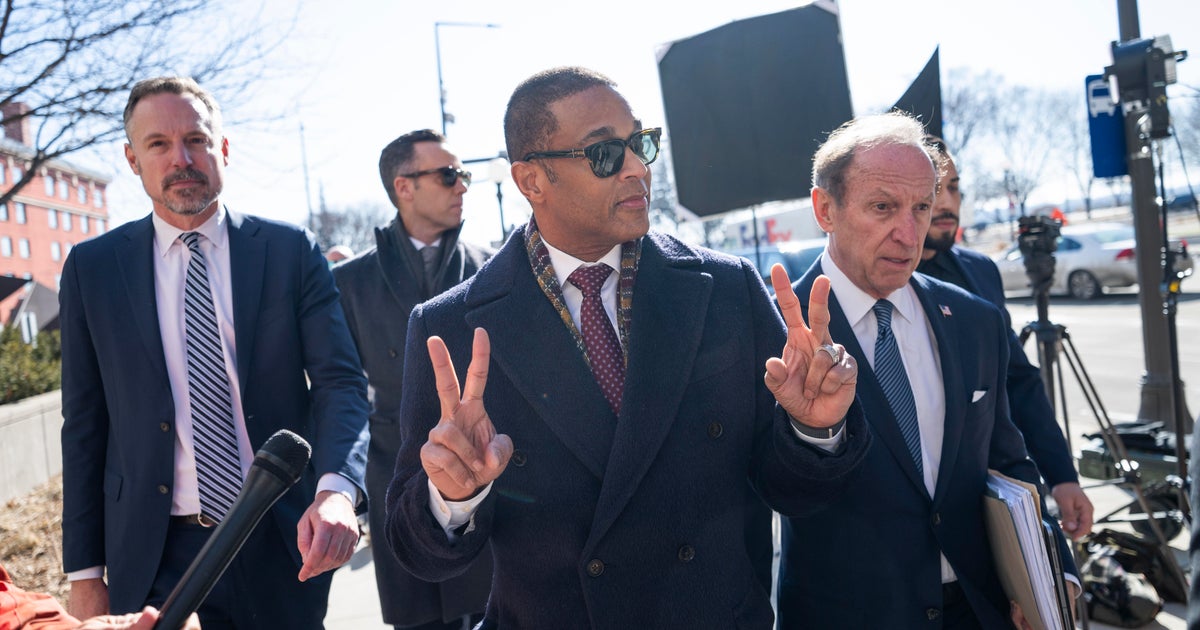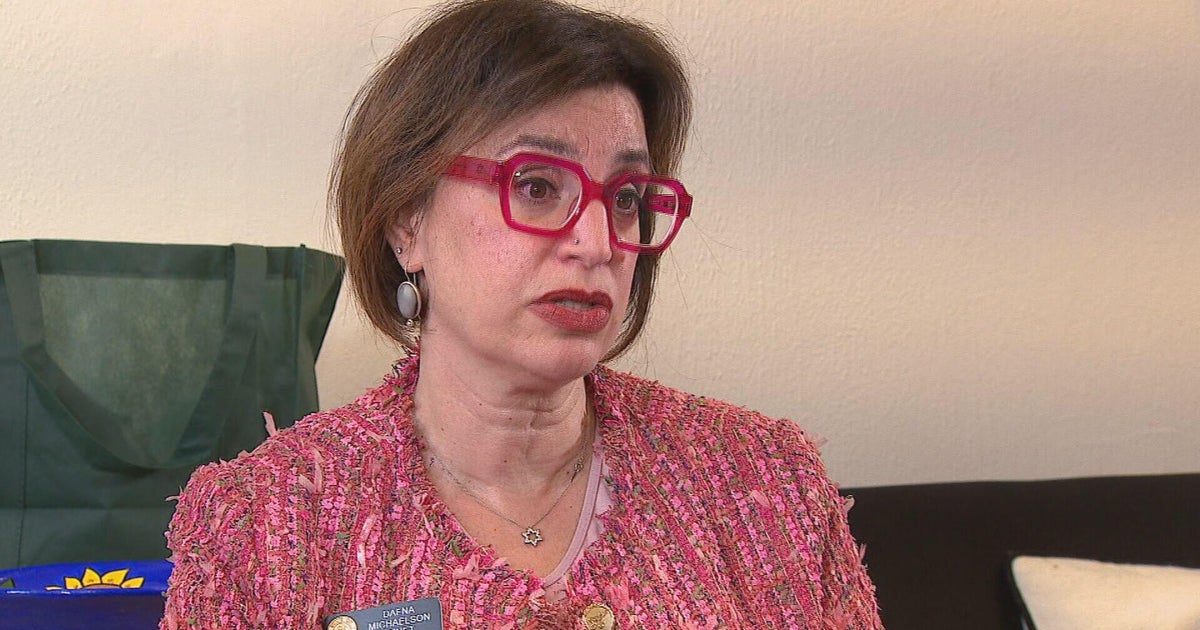Minn. Lawmakers Take Budget Debate Down To Wire
ST. PAUL, Minn. (AP) — The final pieces of Minnesota's next two-year, $38 billion budget were falling into place Sunday as state lawmakers clocked long hours and held a succession of late-night debates at the Capitol.
By late afternoon, lawmakers had sent seven of nine major budget bills to Democratic Gov. Mark Dayton. That included a $15.7 billion education funding package, which the House approved about 2 a.m. and the Senate about 14 hours later. It boosts state aid to schools over the next two years and puts new resources into providing all-day kindergarten statewide.
Still on tap for later Sunday was a House debate and probable late-night vote on the tax bill, a package containing $2 billion in tax increases on smokers, corporations and people with six-figure incomes.
The Legislature's Democratic majorities were racing to beat a deadline of midnight Monday to adjourn the regular session. But a tidy wrap-up was derailed by debate over a Democratic bill that gives unions power to organize certain private daycare workers and home care attendants for the elderly and disabled, which drew demonstrators to the Capitol and intense opposition by Republicans.
The House debated the bill from about 2 to 7 a.m. Sunday, then recessed and debated it another three hours in the afternoon without taking a final vote. Republicans queued up more than 100 amendments to fight the measure, which they argued was driven by a connected political interest.
Labor unions gave big to Democrats in the last election, but party leaders insisted the bill was meant to give workers a louder collective voice if they decided to unionize. The bill's supporters said daycare providers who want to be left out of union could simply opt to not take children whose families get state subsidies for care, a prerequisite for union eligibility.
"If you don't want to participate in this opportunity for collective bargaining, your choice is simple: Don't take the government money," Rep. Tom Anzelc, DFL-Balsam Township, said during the afternoon debate. "It's easy."
Republican critics said that could affect existing relationships between childcare providers opposed to unions but who serve low-income families.
"These union dues will be coming out of the pockets of low-income families," said Rep. Mary Liz Holberg, R-Lakeville. "They're going to have less value for their dollar in buying child care."
An equally fiery debate was likely over the tax bill, which negotiators finalized after midnight Saturday. It raises Minnesota's tax rates for the first time in years, but in a targeted way. Smokers would pay $1.60 more per pack of cigarettes and for cigars. The top 2 percent of wage earners would pay 2 percentage points more on a slice of their income once it reaches $250,000 for couples and $150,000 for singles. Corporations would get fewer tax write-offs. And some businesses would pay sales tax on transactions they didn't have to before.
But the sprawling bill also contained hope of property tax breaks. Cities and counties won't have to pay sales taxes on purchases for the first time in decades. In exchange for more state money, cities and counties would be required to tamp down property taxes. A one-year levy limit would be imposed. Except in rare cases, new local levies will be held to 3 percent or less. Many cities could have to freeze their tax rates.
A bill providing money to operate several state agencies was last to come together Sunday. The bill includes raises for agency managers and statewide elected officials, with the governor being permitted to adjust commissioners' salaries. Negotiators jettisoned corresponding pay increases for lawmakers, but that issue could still rear its head in a Senate debate over a constitutional amendment to create an independent commission to set legislator salaries.
Other high-profile issues were in flux as the session dwindled. Top lawmakers searched for a way to assemble a slimmed-down construction projects bill that would include renovation funding for the state Capitol, after the House defeated an $800 million bill Friday that Republicans said was too large. GOP support is necessary because the bill requires three-fifths majorities to pass, beyond what Democratic House and Senate majorities can muster alone.
A pared-back measure could be limited to the $109 million for the Capitol makeover, some disaster recovery assistance, matching money for a new Minneapolis Veterans home building and other projects deemed critical. Rep. Alice Hausman, the St. Paul Democrat who assembled the failed bill, said she'd vote against a replacement package.
"I support this Capitol project, but someone help me understand why it's more important than anything else," Hausman said.
Thunderstorms that passed through St. Paul late Sunday afternoon underlined the urgency of the project for some lawmakers, when heavy rains caused flooding in a newly refurbished area near the building's cafeteria while the House and Senate met three levels up.
"Due to the current condition of our Capitol, the rain is coming through and flooding the tunnel," Rep. Dean Urdahl, R-Grove City, said on the House floor.
Another question mark was a bill to boost the minimum wage. House Democrats were pressing to lift the floor wage to $9.50 by 2015, but the Senate passed legislation topping out at $7.75.
Senate Majority Leader Tom Bakk, DFL-Cook, said he was hopeful the chambers could find middle ground, but indicated his members would only move so far.
"I don't see a path in the Senate to get above $8 per hour," Bakk said.
(© Copyright 2013 The Associated Press. All Rights Reserved. This material may not be published, broadcast, rewritten or redistributed.)
